Resources
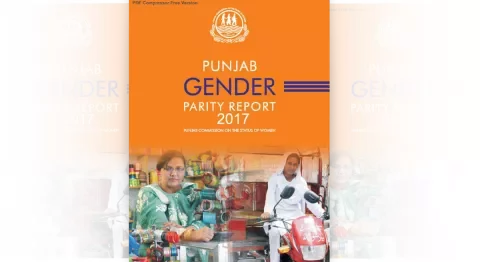
Punjab Gender Parity Report 2017 (Pakistan)
The 2017 report is the second annual Punjab Gender Parity Report which provides an overview of the status of women in Punjab which is examined against six (6) key thematic areas which include demographics and governance, health, education, economic opportunities, legal rights and violence against women.
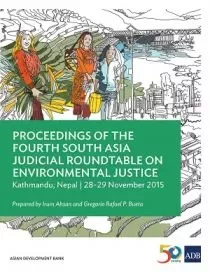
Proceedings of the Fourth South Asia Judicial Roundtable on Environmental Justice
This publication documents the proceedings of the Fourth South Asia Judicial Roundtable on Environmental Justice, held on 28–29 November 2015 in Kathmandu, Nepal.

Environmental Law: An Overview
Justice Tun Arifin Bin Zakaria of the Universiti Teknologi Mara (UiTM) provides an overview of Environmental Law.

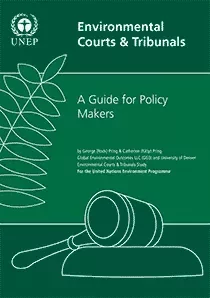
Environmental Courts & Tribunals: A Guide for Policy Makers
With over 1,200 environmental courts and tribunals now operating worldwide at the national and state/provincial level, this guide shares concise, practical advice and best practices to make them more effective, updating the 2009 “Greening Justice” report by the University of Denver Environmental Courts and Tribunals Study and published by World Resources Institute.
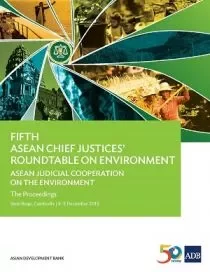
Fifth ASEAN Chief Justices’ Roundtable on Environment: ASEAN Judicial Cooperation on the Environment - The Proceedings
Climate change knows no limits—geographical, judicial, or administrative. The fifth roundtable began with a clear focus on the importance of cooperation and collaboration between judiciaries and the benefit of judicial networks.
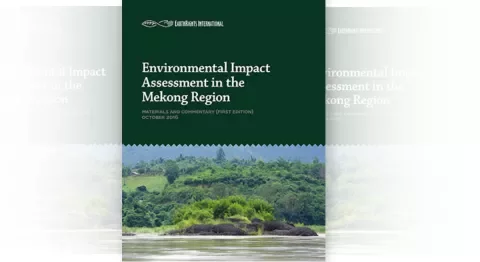
Environmental Impact Assessment in the Mekong Region
The Environmental Impact Assessment (EIA) in the Mekong Region manual is the first time that anyone has sought to bring together in one volume an analysis of the EIA systems of each of the six Mekong countries, including the common themes and approaches.
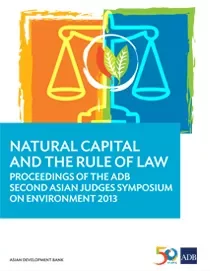
Natural Capital and the Rule of Law: Proceedings of the ADB Second Asian Judges Symposium on Environment 2013
This publication captures the proceedings of the Second Asian Judges Symposium: “Natural Capital and the Rule of Law” held 3–5 December 2013 in Manila, the Philippines.
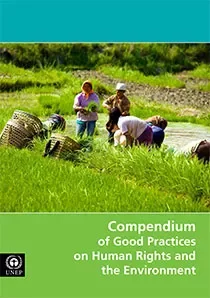
Compendium of Good Practices on Human Rights and the Environment
The purpose of this compendium is to present good practices relating to the use of human rights obligations and commitments to inform, support and strengthen environmental policymaking, especially in the area of environmental protection that were identified through a joint programme between UNEP, the Special Rapporteur on human rights and the environment (formerly the Independent Expert), and the Office of the United Nations High Commissioner for Human Rights (OHCHR).
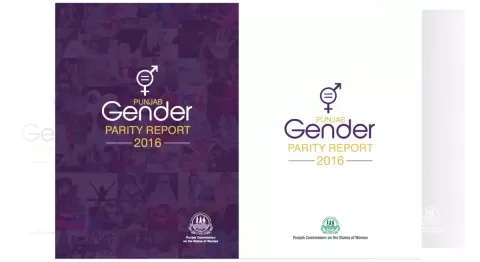
Punjab Gender Parity Report 2016 (Pakistan)
The Punjab Gender Parity Report 2016 is the inaugural report which provides comprehensive analysis and insight relating to women’s rights in Punjab, Pakistan. The report closely examines the status of women in Punjab through the analysis of data culled against six (6) main thematic factors which include demographics and governance, health, education, economic opportunities, legal rights and violence against women.